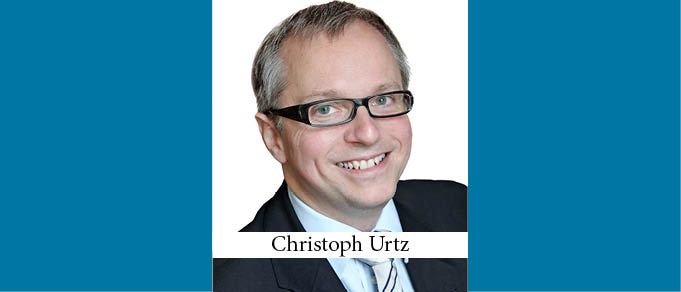A specific form of cooperation was introduced in Austria in 2018 and will become effective on January 1, 2019: Upon the taxpayer’s request, an enterprise may opt for a “horizontal monitoring” procedure. This new law was introduced after a pilot project in which internationally renowned enterprises such as Red Bull, Shell Austria, and Infineon Technologies participated (although whether these enterprises will also participate in the new “horizontal monitoring” procedure is not yet known).
The Austrian Commercial Code defines which enterprises are eligible for and hence may apply for the horizontal monitoring procedure. Participation in the horizontal monitoring procedure is only available upon request and under certain conditions.
On the one hand, the law requires “hard” conditions, which must be fulfilled in all cases: The participating enterprise has to have generated annual gross sales exceeding EUR 40 million in the two years before the request (exceptions exist for banks and insurance companies), and the taxpayer running the enterprise has to be credible under tax aspects (i.e., the taxpayer cannot have been sentenced for a tax crime in the five years before the request). Finally, “a tax control system” needs to be established (details are governed by a directive from the Federal Ministry of Finance).
In addition, “soft” conditions apply as well, which are only exemplified in the law. As a result, tax authorities have some discretion to decide whether a request for participation in the horizontal monitoring procedure will be rejected or not, although in practice tax authorities will reject a request if the taxpayer does not predominantly fulfill them.
The decision-making procedure whether an applying enterprise shall be admitted to the horizontal monitoring procedure is as follows: First, the tax office decides and announces – by issuing a decree – whether the applying taxpayer fulfills the “hard” conditions mentioned above. Second, a tax audit covering the last five years before the request is required (see below for details). Third, the compliance of the taxpayer with the “soft” conditions is evaluated. If the tax office decides to admit the taxpayer to the horizontal monitoring procedure, a second decree will be issued.
The “soft” conditions described in Sec. 153c para 4 of the Federal Fiscal Code refer to the taxpayer’s “behavior” (in the tax context) in the five years before the request, including: (a) the taxpayer’s compliance with his/her obligations to comprehensively disclose facts and circumstances in his/her tax return(s); (b) the number of tax returns filed behind schedule; (c) the number of tax evaluations necessitated by incorrect/incomplete tax returns; (d) the number of defaults, and the amount of any default payments to tax authorities, as well as the period of default; (e) the number of applications to extend tax payments (or to pay in installments); (f) whether fiscal criminal proceedings are pending; (g) finally, the taxpayer’s behavior and the findings in the tax audit required prior to the initiation of the horizontal monitoring.
As already mentioned, a tax audit is required before participating. This tax audit serves the purposes of enhancing the taxpayer’s credibility under tax aspects. Further, the tax audit prevents the existence of years being unaudited before the beginning of the horizontal monitoring procedure. The taxpayer’s behavior and the findings in the audit are, as mentioned above, “soft” conditions influencing the tax authority’s decision whether to let the taxpayer participate in the horizontal monitoring or not.
Participation in horizontal monitoring allows auditors to be present at the enterprise’s premises on a day-to-day basis in order to discuss tax issues with the taxpayer and answer his/her questions, with the auditor’s answers/statements to a certain extent legally binding. This offers the taxpayer a certain degree of protection under a “bona fide” aspect. In return, the taxpayer has an enhanced obligation to cooperate with the auditors.
In addition, participation in the horizontal monitoring procedure precludes ordinary tax audits. In other words, the taxpayer – who is monitored anyway – is exempt from tax audits going forward (although, as mentioned above, a tax audit covering the last five years before the request is required).
Whether taxpayers will accept the horizontal monitoring procedure is hard to predict: It has been criticized on the grounds that the procedure is open only for enterprises of a certain size and only to taxpayers who are already “model students” for tax purposes anyway.
By Christoph Urtz, Partner, Baker McKenzie Vienna
This Article was originally published in Issue 5.12 of the CEE Legal Matters Magazine. If you would like to receive a hard copy of the magazine, you can subscribe here.


